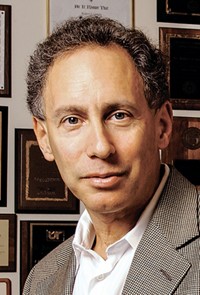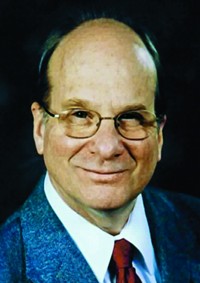Advertisement
Grab your lab coat. Let's get started
Welcome!
Welcome!
Create an account below to get 6 C&EN articles per month, receive newsletters and more - all free.
It seems this is your first time logging in online. Please enter the following information to continue.
As an ACS member you automatically get access to this site. All we need is few more details to create your reading experience.
Not you? Sign in with a different account.
Not you? Sign in with a different account.
ERROR 1
ERROR 1
ERROR 2
ERROR 2
ERROR 2
ERROR 2
ERROR 2
Password and Confirm password must match.
If you have an ACS member number, please enter it here so we can link this account to your membership. (optional)
ERROR 2
ACS values your privacy. By submitting your information, you are gaining access to C&EN and subscribing to our weekly newsletter. We use the information you provide to make your reading experience better, and we will never sell your data to third party members.
Nanomaterials
Nanomaterial researchers recognized with 2024 Kavli Prize in Nanoscience
Robert S. Langer, Armand Paul Alivisatos, and Chad A. Mirkin will share the $1 million Kavli Prize in Nanoscience
by Fionna Samuels
June 12, 2024
The winners of the 2024 Kavli Prize in Nanoscience were announced June 12. They are Robert S. Langer of the Massachusetts Institute of Technology, Armand Paul Alivisatos of the University of Chicago, and Chad A. Mirkin of Northwestern University for their contributions to the field of nanomedicine. Their research has led to cutting-edge biomedical technologies, from drug delivery systems to diagnostic tests and imaging.



Langer says others in the field didn’t believe his first papers in the late 1970s describing nanoengineered polymers capable of slowly releasing large molecules. Despite intense skepticism, Langer continued to explore the fundamental nature of nanoengineered materials. Ultimately, his efforts led to today’s wide use of nanoengineered materials as controlled drug delivery systems, like the organic nanoparticles used in the COVID-19 vaccine made by Moderna, one of many biotechnology companies Langer cofounded.
“His work has transformed the field,” says Gaurav Sahay a pharmaceutical scientist at Oregon State University and a past postdoctoral fellow in Langer’s lab. Langer has also trained an impressive number of scientists and Sahay says he tries to emulate his old advisor’s mentorship.
In the 1990s, Mirkin nanoengineered his own material: spherical nucleic acids—or SNAs. Mirkin says he initially had no application in mind but soon realized the material could be used in sensitive and selective bioassays. Now, SNAs are used widely in clinical diagnostic tests.
Mirkin’s colleague, Natalie Artzi, a core faculty member at the Wyss Institute of Harvard University, says that thanks to Mirkin’s contributions, “the field is now moving to what we would call structural nanomedicines.” Such drugs hold the promise of treating and, in certain cases, curing some of the world’s most debilitating diseases, she says.
Alivisatos was one of a handful of scientists who, nearly simultaneously, developed strategies to synthesize reliably sized, stable quantum dots with tunable emission energies. With this synthetic pathway in hand, Alivisatos was able to explore applications for quantum dots.
“Paul really took quantum dots in new directions,” using them in biological imaging and bridging the fields of chemistry and biology says Naomi Halas, one of the Kavli Prize in Nanoscience selection committee members.
These three scientists will split the $1 million Kavli Prize in Nanoscience. The Kavli Foundation also announced the winners of the astrophysics and neuroscience prizes on June 12. David Charbonneau from Harvard University and Sara Seager from MIT are recognized for their work developing transient spectroscopy in astronomy. This technique is now widely used to find exoplanets and characterize the chemical composition of their atmospheres. “They really embarked on the journey and laid the foundation for the exploration of exoplanets and their atmospheres,” Thomas Henning, a judge for the Kavli Prize in Astrophysics, said at the award ceremony. All the prize laureates will receive their awards at September’s Kavli Prize Ceremony in Oslo, Norway.
UPDATE:
This article was updated on June 12, 2024, to add the names of the Kavli Prize in Astrophysics laureates and a quote by Thomas Henning.




Join the conversation
Contact the reporter
Submit a Letter to the Editor for publication
Engage with us on Twitter